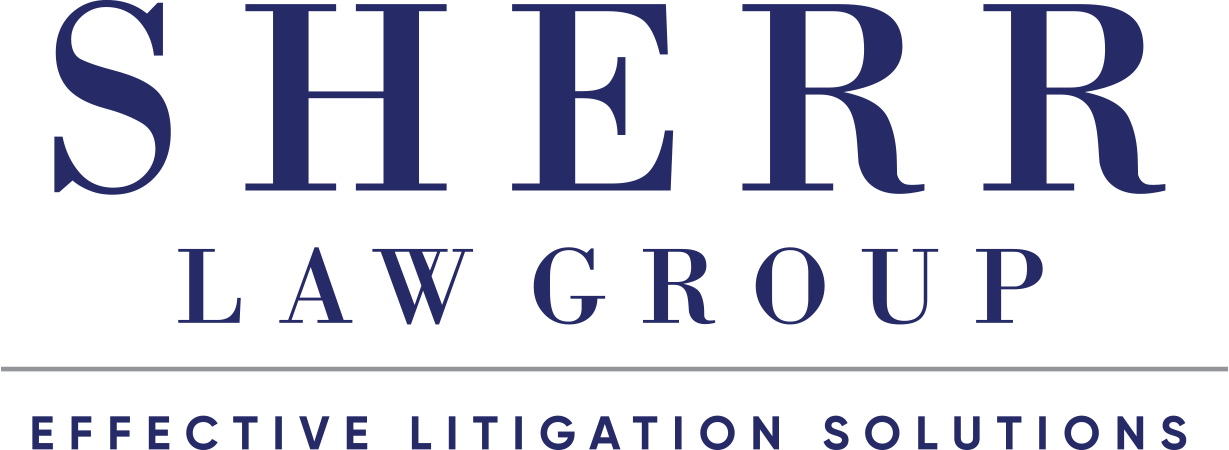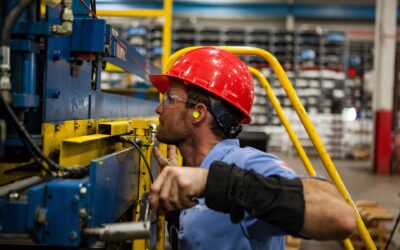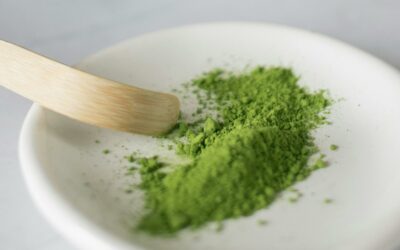
Products liability law involves determining who is responsible for damages associated with a certain manufactured product. These cases are often settled out of court for large sums of money. If the case proceeds to trial and your company is found liable for damages in a products liability case, you may face a shift in public opinion of your products in addition to all the financial repercussions of the case.
Because this type of case can spell disaster for a company of any size, I believe it’s vital for companies to be familiar with the three different types of products liability cases. My experience as a Philadelphia products liability law attorney has shown me that a company’s preparedness can make all the difference in a products liability case. Read on to learn about the different types of products liability claims so you’ll be ready to defend against these damaging accusations.
Design Defect Products Liability Claims
This type of product liability lawsuit asserts that there is something inherently dangerous about the design of a product, meaning it is a danger to those who use it regardless of whether it was correctly manufactured. If a product fails to operate at a level of safety that would reasonably be expected by the consumer under normal operating conditions, it can be considered a defectively designed product.
The law states that the product must be unreasonably dangerous when specifically used under normal operating conditions since many objects have the potential to be dangerous if used incorrectly. For example, no one would claim that a household cleaner is inherently and unreasonably dangerous when used as expected, but it can certainly cause trouble for a child who ingests it. If that same cleaner’s packaging was designed in such a way that it propels liquid into the user’s eyes when it is opened, though, the argument could be made that it is a defectively designed product. It is possible to recover in a product liability defect design case even if you are not the user of the product. A bystander can also seek damages if the user’s reasonable and routine usage of the product caused damage to that bystander.
Since the plaintiff in a defective design case must prove the causal connection between the product’s dangerous design or condition and the plaintiff’s damages, a design defect products liability case can be difficult for the plaintiff to win. It can often be argued that other factors contributed to the plaintiff’s injuries or damages and that the design of the product is not the direct cause. If your company is defending against a design defect products liability case, work with an attorney who has an understanding of the many mitigating factors that may be proven in this type of case.
Manufacturing Defects Product Liability Claims
Manufacturing defects are one common cause of product liability claims. A lawsuit alleging a manufacturing defect asserts that the product is inherently safe, but the way the product was manufactured has made the product unsafe for the consumer to use. This may happen as a result of manufacturing equipment malfunctioning, through human error, or due to another reason.
When a manufacturing defect exists, it means the product’s design has been compromised and it fails to perform to the same safety standards as a properly manufactured product. According to products liability law, a product is considered inherently dangerous in its design if it can be manufactured as intended and still fail to perform as safely as a consumer would expect when used as intended in a foreseeable manner.
A manufacturing defect products liability claim must prove that the product would be reasonably safe in its design if it had not been negatively affected through a manufacturing defect. In many cases, plaintiffs will fail to consider the actual design of the product in favor of placing blame on the more tangible manufacturing of that product. This allows those defending against manufacturing defects products liability claims to show the courts that they should not be held responsible for damages caused by a poorly designed product.
Failure to Warn Product Liability Claims
In this type of product liability claim, the plaintiff alleges both that the product in question has some level of inherent danger and that the manufacturer of the product did not fulfill their legal duty to warn consumers of this danger. A warning may be deemed inadequate based on a lack of precise wording, its out-of-sight location on the product, or any other circumstances that affect the manner in which the warning is conveyed.
You’ve probably heard lengthy television ads about pharmaceutical drugs – you know, the ones where the announcer comes on at the end and lists side effects with auctioneer-like speed? This is an attempt by the pharmaceutical company to avoid any liability for damages that would arise if a user of the drug experienced an unexpected side effect.
Liability for injuries or damages due to a defective warning can apply to both avoidable and unavoidable dangers that accompany the product. My example of the pharmaceutical drug generally would fall into the latter; you may experience side effects even when taking the product as directed. In the case of a heating pad, though, your misuse of the product – for example, removing the fabric cover and putting it directly on the skin – may be avoidable. Regardless, the heating pad company still must warn consumers of the dangers of using the product in that manner if they know there to be an associated risk.
Aggressive Representation Against Products Liability Claims
If you’re a Pennsylvania company searching for a Philadelphia products liability law attorney, look no further than Sherr Law Group, Norristown law firm. Our firm is located in beautiful Norristown, Pennsylvania, and our Norristown products liability attorneys have the local experience necessary to fight against inaccurate products liability claims. No matter what type of products liability case your company is facing, our Philadelphia area products liability lawyers are ready to help you defend against them. Contact us today.



